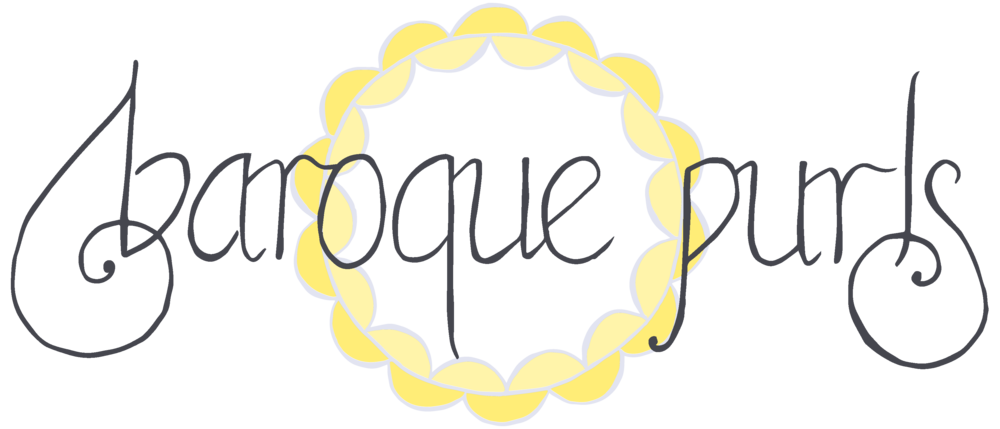If you're at all interested in music history, the BBC's 'Sacred Music' (2008) is an excellent documentary series, and it's all available on YouTube. It's nicely in-depth, and best of all, the musical examples are sung by The Sixteen, an awesome and very experienced early music choir.
The first series covers Medieval chant and organum through to Bach's cantatas and passions. It's great to watch for the music alone! There's also a second series which covers later music, which is on my to-watch list.
We're really enjoying our documentaries at the moment. :)
Episode 1: The Gothic Revolution
Episode 2: Palestrina and the Popes
Episode 3: Byrd & Tallis: Singing the Lord's song in a strange land
Episode 4: Bach and the Lutheran Legacy
The first series covers Medieval chant and organum through to Bach's cantatas and passions. It's great to watch for the music alone! There's also a second series which covers later music, which is on my to-watch list.
We're really enjoying our documentaries at the moment. :)
Episode 1: The Gothic Revolution
Episode 2: Palestrina and the Popes
Episode 3: Byrd & Tallis: Singing the Lord's song in a strange land
Episode 4: Bach and the Lutheran Legacy

